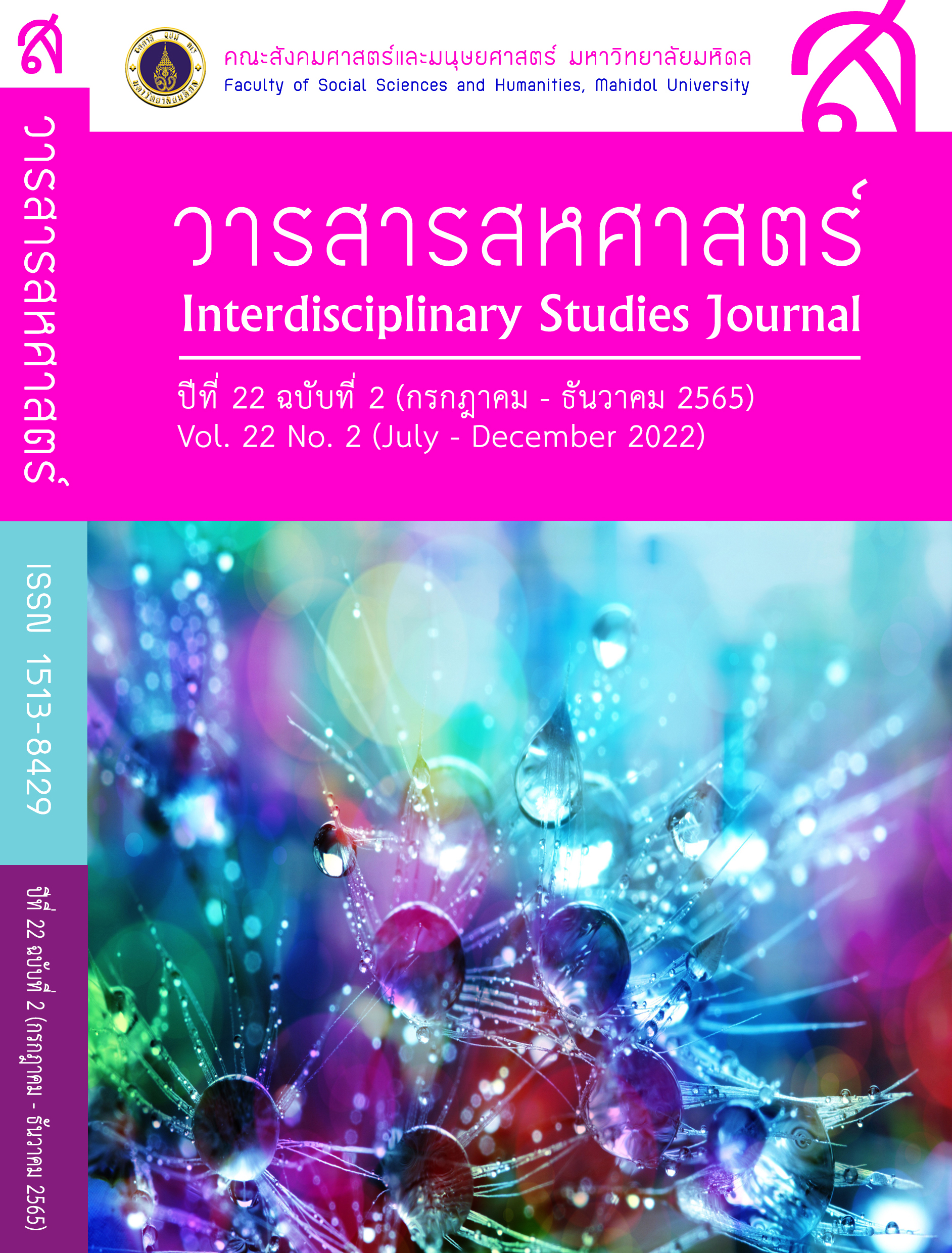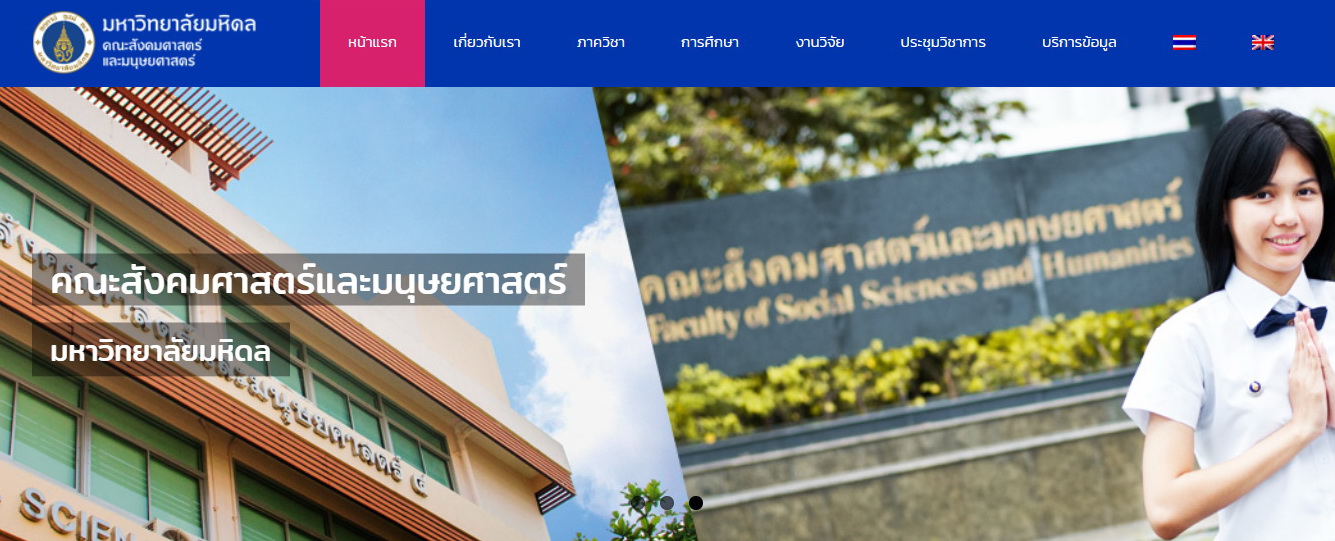Constructing peace within war: Buddhism and International Humanitarian Law
Constructing peace within war: Buddhism and International Humanitarian Law
บทคัดย่อ
During the last few years, we noticed a growing exchange of ideas between Buddhist scholars (from monastic and lay communities) and experts (activists, philosophers, scholars of international relations, etc.) working in the field of International Humanitarian Law (IHL).
This fruitful dialogue seems particularly vital in Southeast Asia, where the dynamic office of the International Committee of the Red Cross (ICRC) in Bangkok, established in 1975, promotes meetings, academic conferences, joint publications, and regular sharing of ideas with Buddhist scholars.
People from Asia and the West, from different Buddhist countries, and from various traditions and backgrounds, participate with fervent enthusiasm and competence in all these activities. After the successful international conference organized in Dambulla, Sri Lanka, in September 2019, the ICRC is now organizing – in collaboration with Chiang Mai University, Mahidol University, and Shan State Buddhist University – a second conference at Chiang Mai University, in December 2022, on the theme of “Reducing Suffering during Armed Conflict – The Interface between Buddhism and International Humanitarian Law”.[1]
The International Humanitarian Law “is a set of rules that seek to limit the humanitarian consequences of armed conflicts. It is sometimes also referred to as the law of armed conflict or the law of war (jus in bello). The primary purpose of IHL is to restrict the means and methods of warfare that parties to a conflict may employ and to ensure the protection and humane treatment of persons who are not, or no longer, taking a direct part in the hostilities”.[2] I believe that the teachings of the Buddha are indispensable (and are becoming even more crucial nowadays) in reducing suffering and violence during any sort of war: the dialogue among Buddhist scholars and the International Committee of the Red Cross will soon bear fruits and positive results.
[1] See the call for papers here: https://blogs.icrc.org/religion-humanitarianprinciples/call-for-papers-buddhism-ihl-chiang-mai/
[2] See International Humanitarian Law Answers to your Questions. (2015). Geneva: International Committee of the Red Cross, p. 17.
เอกสารอ้างอิง
Ary Budiyanto and Latifah (s.a.) Reading Conflicts, Achieving Peace: Dhamma in the Contemporary Indonesian Buddhist short stories. In Thich Nhat Tu (ed.). Buddhist Studies: Contemporary Approaches (pp. 283–300). Hanoi: Vietnam Buddhist University Series.
Asanga Tilakaratne (2022). Two Dimensions of Buddhist Practice and their Implications on Statecraft. Contemporary Buddhism. DOI: 10.1080/14639947.2022.2038024: 1–15.
Bartles-Smith, Andrew (et alii) (2020). Reducing Suffering During Conflict: The Interface between Buddhism and International Humanitarian Law. Contemporary Buddhism 21 (1-2): 369–435.
Bhikkhu Bodhi (2016). The Buddha’s Teachings on Social and Communal Harmony: An Anthology of Discourses from the Pali Canon. Boston: Wisdom Publications.
Cozort, D., Shields, J.N. (2018). The Oxford Handbook of Buddhist Ethics. Oxford: Oxford University Press.
Crowe, Jonathan, Weston-Scheuber, Kylie (eds) (2013). Principles of International Humanitarian Law. Cheltenham: Edward Elgar Publishing Limited.
Deegalle, Mahinda (2009). Norms of War in Theravada Buddhism. In: Popovski, V, Reichberg, G. and Turner, N. (eds). World religions and norms of war (pp. 60–86). United Nations University Press, Tokyo.
Denis, Diane (2022). Fundamental Intelligence, a Buddhist Justification for the Universal Principles Underlying IHL. Contemporary Buddhism. DOI: 10.1080/14639947.2022.2038028: 1–26.
Garfield, J.L. (2022). Buddhist Ethics. A Philosophical Explanation. Oxford: Oxford University Press.
Gethin, Rupert (2004). Can Killing a Living Being ever be an Act of Compassion? Journal of Buddhist Ethics 11: 167–202.
Harvey, Peter (2000). An Introduction to Buddhist Ethics. Foundations, Values and Issues. Oxford: Oxford University Press.
Harvey, Peter (2022). Buddhist Motivation to support IHL, from Concern to Minimise harms inflicted by Military Action to both those who suffer them and those who inflict them. Contemporary Buddhism. DOI: 10.1080/14639947.2021.2037892: 1–21.
Heffes, E., Kotlik, M.D., Ventura, M.J. (eds) (2020). International Humanitarian Law and Non-State Actors: Debates, Law and Practice. The Hague: Springer.
Houben, Jan E.M., van Kooij, K.R. (eds). (1999). Violence Denied: Violence, Non-Violence and the Rationalization of Violence in South Asian Cultural History. Leiden: Brill.
International Humanitarian Law Answers to your Questions. (2015). Geneva: International Committee of the Red Cross.
Lepard, B.D. (2002) Rethinking Humanitarian Intervention: A fresh Legal Approach based on Fundamental Ethical Principles in International Law and World Religions. University Park: The Pennsylvania State University Press.
Martin, F.F., Schnably, S.J., Wilson, R.J., Simon, J.S., Tushnet, M.V. (eds) (2006). International Human Rights and Humanitarian Law: Treaties, Cases, and Analysis. Cambridge: Cambridge University Press.
Melzer, Nils (2019). International Humanitarian Law: A Comprehensive Introduction. Geneva: International Committee of the Red Cross.
Pramaha Chanya Khongchinda (1993). The Buddha’s Socio-Political Ideas. New Delhi: Navrang.
Premasiri, P.D. (2003). The Place for a Righteous War in Buddhism. Journal of Buddhist Ethics 10: 153–166.
Premasiri, P.D. (2022). Implications of Buddhist Political Ethics for the Minimisation of Suffering in Situations of Armed Conflict. Contemporary Buddhism. DOI: 10.1080/14639947.2021.2037893: 1–16.
Provost, René (2004). International Human Rights and Humanitarian Law. Cambridge: Cambridge University Press.
Saul, B. and Dapo Akande (eds) (2020). The Oxford Guide to International Humanitarian Law. Oxford: Oxford University Press.
Solis, G.D. (2010). The Law of Armed Conflict: International Humanitarian Law in War. Cambridge: Cambridge University Press.
The Roots of Restraint in War. (2018). Geneva: International Committee of the Red Cross.
Trew, N.M. (2022). ‘Not Knowing is Most Intimate’: Koan Practice and the Fog of War. Contemporary Buddhism. DOI: 10.1080/14639947.2022.2038026: 1–30.

ดาวน์โหลด
เผยแพร่แล้ว
รูปแบบการอ้างอิง
ฉบับ
ประเภทบทความ
สัญญาอนุญาต
ลิขสิทธิ์ (c) 2023 Claudio Cicuzza, Pagorn Singsuriya

อนุญาตภายใต้เงื่อนไข Creative Commons Attribution-NonCommercial-NoDerivatives 4.0 International License.
สหศาสตร์: วารสารสังคมศาสตร์และมนุษยศาสตร์ ให้ความสำคัญกับการคุ้มครองลิขสิทธิ์และสิทธิของผู้นิพนธ์ในการเผยแพร่ผลงานวิชาการ โดยมีวัตถุประสงค์เพื่อส่งเสริมความโปร่งใส ความถูกต้องตามหลักวิชาการ และสอดคล้องกับแนวปฏิบัติสากล ทั้งนี้ วารสารกำหนดนโยบายดังต่อไปนี้
|
1. การยอมรับเงื่อนไขการเผยแพร่ - ผู้นิพนธ์ที่ส่งบทความเพื่อตีพิมพ์ ต้องปฏิบัติตามนโยบายและเงื่อนไขการเผยแพร่ของวารสารโดยเคร่งครัด - การส่งบทความถือเป็นการยอมรับให้นำบทความเข้าสู่กระบวนการพิจารณาและการเผยแพร่ตามมาตรฐานของวารสาร |
|
2. การโอนลิขสิทธิ์ - เมื่อบทความได้รับการตอบรับเพื่อตีพิมพ์ ผู้เขียนโอนลิขสิทธิ์ของบทความให้แก่วารสาร - วารสารมีสิทธิ์เผยแพร่ ทำซ้ำ และเผยแพร่บทความในทุกรูปแบบ ทั้งสิ่งพิมพ์ เว็บไซต์ และสื่อออนไลน์อื่น ๆ |
|
3. สิทธิ์ของผู้นิพนธ์หลังการโอนลิขสิทธิ์ - ผู้นิพนธ์ยังคงมีสิทธิ์ใช้บทความเพื่อวัตถุประสงค์ทางวิชาการ เช่น การสอน การวิจัยส่วนบุคคล การใช้ประกอบวิทยานิพนธ์ หรือการเผยแพร่ในแพลตฟอร์มที่ไม่ใช่เชิงพาณิชย์ - การนำบทความไปใช้เพื่อวัตถุประสงค์เชิงพาณิชย์ ต้องได้รับอนุญาตจากวารสารก่อนเป็นลายลักษณ์อักษร |
|
4. การเผยแพร่ภายใต้สัญญาอนุญาตสาธารณะ (Creative Commons License) - บทความทั้งหมดในวารสารจะเผยแพร่ภายใต้สัญญาอนุญาต Creative Commons Attribution-NonCommercial-NoDerivatives 4.0 International (CC BY-NC-ND 4.0) - บุคคลอื่นสามารถเผยแพร่หรือแบ่งปันบทความได้โดยต้องให้เครดิตแก่ผู้นิพนธ์ต้นฉบับ แต่ห้ามแก้ไข ดัดแปลง หรือใช้ในเชิงพาณิชย์ |
|
5. ความถูกต้องของเนื้อหาและการใช้สื่อจากบุคคลที่สาม - ผู้เขียนต้องรับรองว่าบทความที่ส่งเพื่อตีพิมพ์เป็นผลงานต้นฉบับของตนเอง ไม่ได้ส่งซ้ำซ้อน (duplicate submission) และไม่ละเมิดลิขสิทธิ์หรือคัดลอกผลงานของผู้อื่น รวมถึงไม่มีการปลอมแปลงข้อมูล การตีพิมพ์ซ้ำ หรือการกระทำใด ๆ ที่ขัดต่อหลักจริยธรรมทางวิชาการ - ผู้เขียนต้องรับผิดชอบในการขออนุญาตใช้สื่อจากบุคคลที่สาม เช่น ภาพ ตาราง หรือกราฟิก และต้องอ้างอิงหรือให้เครดิตอย่างถูกต้องน |
|
6. ข้อจำกัดความรับผิดชอบ (Disclaimer) - บทความที่ได้รับการตีพิมพ์ในวารสารสหศาสตร์: วารสารสังคมศาสตร์และมนุษยศาสตร์ถือเป็นลิขสิทธิ์ของวารสาร - ข้อความ ข้อมูล และข้อคิดเห็นที่ปรากฏในบทความเป็นความรับผิดชอบของผู้เขียนแต่ละท่านโดยตรง มิได้สะท้อนถึงทัศนะหรือจุดยืนของกองบรรณาธิการหรือหน่วยงานที่เกี่ยวข้อง - หากบทความมีข้อผิดพลาดหรือการละเมิดสิทธิ์ใด ๆ ความรับผิดชอบทั้งหมดเป็นของผู้เขียนแต่เพียงผู้เดียว - การนำบทความไปใช้ในเชิงพาณิชย์ ต้องได้รับอนุญาตเป็นลายลักษณ์อักษรจากบรรณาธิการวารสารก่อน ทั้งนี้ ผู้ขออนุญาตต้องจัดทำคำชี้แจงเกี่ยวกับวัตถุประสงค์และลักษณะการใช้งานอย่างชัดเจน การใช้บทความในเชิงพาณิชย์โดยไม่ได้รับอนุญาตถือเป็นความรับผิดชอบของผู้ใช้แต่เพียงผู้เดียว |




